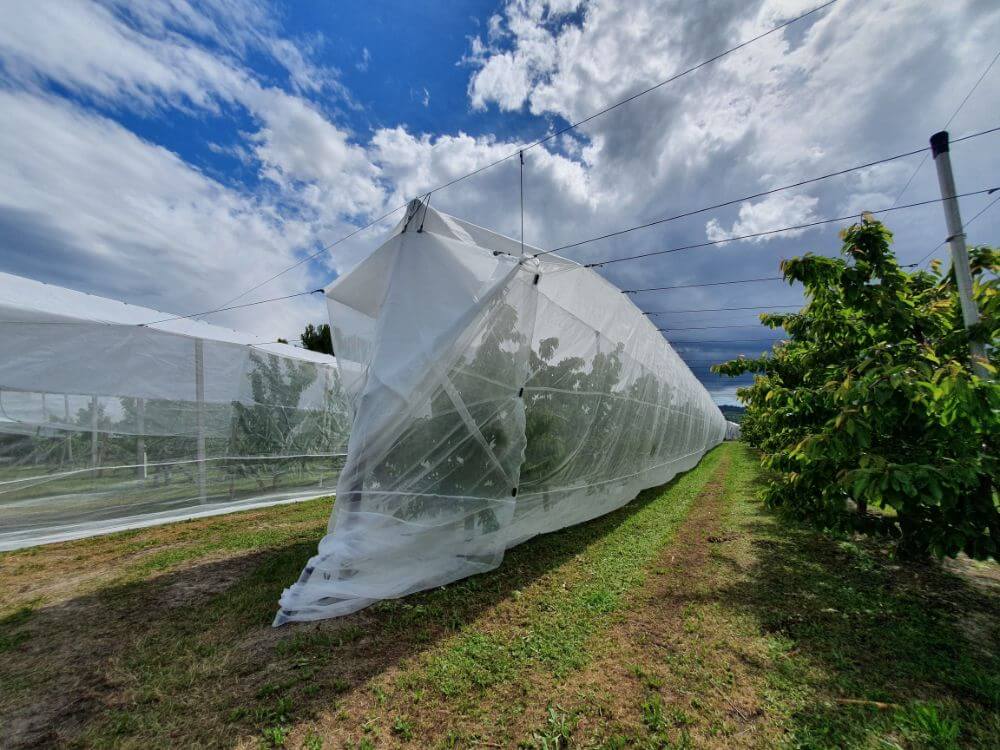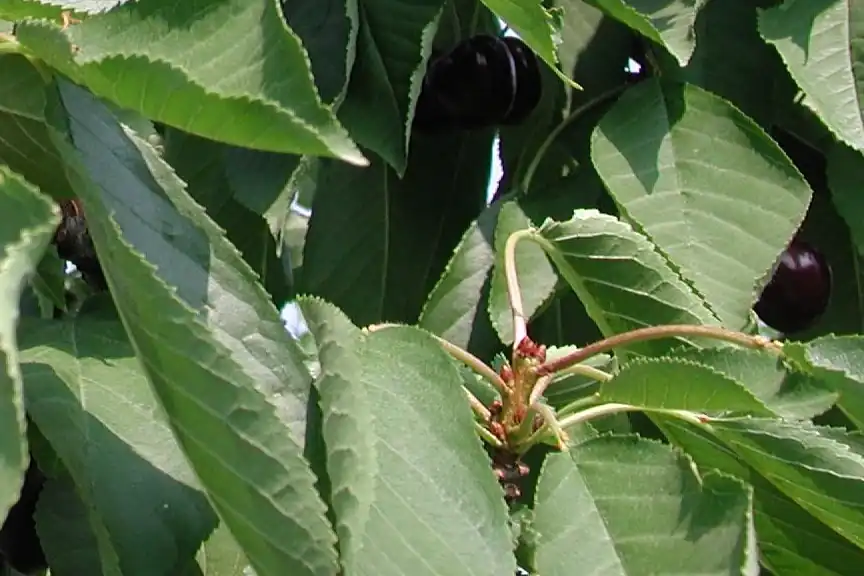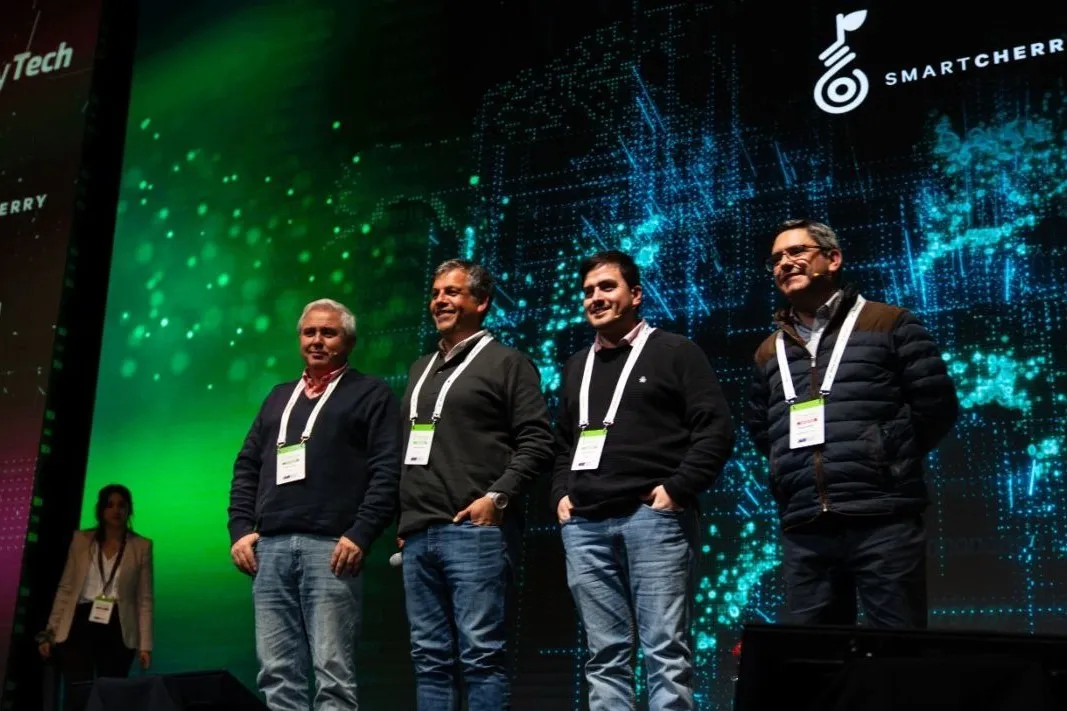Luca Casoli
Provincial Plant Protection Consortium of Modena
Experiences with the application of multifunctional insect nets, territorial biological control and the attract & kill technique in Vignola
The study project on the integrated management of the cherry tree is entering the third year of the work programme. As with other fruit crops, control through the integration of low-impact techniques is a priority for the cherry tree.
In particular, the small fruit fly (Drosophila suzukii) is an adversity that requires and justifies additional attention due to the advanced phenological stage in which the insect becomes harmful.
It is in this context that the third season of experimental activities aimed at evaluating an integrated D. suzukii containment system that aims to combine active, passive and agro-ecological rebalancing techniques is beginning. A certainly ambitious but strategic programme for the full valorisation of this fruit production that sees the Modena Provincial Phytosanitary Consortium, the Regional Phytosanitary and Production Defence Sector, the Plum Cherry and Typical Fruit Consortium of Vignola, the Municipal Administration of Vignola with the full financial support of the Emilia Romagna Region at the forefront.

The work programme undertaken in 2021 has seen the realisation of covers with multifunctional nets of several types applied in different configurations, with the aim of assessing the contribution in the reduction of deleterious physiopathologies such as fruit cracking and at the same time protection against D. suzukii infestations. The experience of the first two seasons was realised in the varietal collection fields, becoming further preparatory to the evaluation of the adaptability of the new cultivars to cultivation under nets. To this end, the plants were equipped with a sophisticated data collection network that allows comparison with outdoor conditions.
Reference is made to an integrated management system in that the project combines the protection offered by multifunctional nets with the integration of low-impact insecticide solutions based on the attract & kill technique, flanked by territorial management through a specific biological control intervention authorised by the Ministry of the Environment, which aims at biodiversity and the achievement of balance in the agro-ecosystem.
The original project did not envisage a territorial biological control programme, but depending on the behaviour of Drosophila, which, like the Brown marmorated stink bug, can be considered a territorial species, it was deemed strategic to aim for the introduction of a parasitoid that would reinforce the action of the indigenous species. To this end, a collaboration was established with the Edmund Mach Foundation and UniBO, which led to the request and subsequent obtainment of authorisations for the release of Ganaspis brasiliensis in the natural environments surrounding the cherry growing area, where the species can multiply undisturbed, parasitising the populations of D. suzukii that insist on native essences such as Blackberry, Elderberry, Ivy, etc.

The first few seasons have made it possible to collect interesting and prospective data, both from the point of view of the environmental conditions within the canopies and the consequent adaptability of the plants to the protected environment, as well as in relation to the concrete possibility of a reduction in defence interventions.
The activities will continue with the aim of optimising this integrated management and at the same time gathering confirmation of what has already been observed in previous years.
As planned, an extension of the experimental demonstration area will be carried out in 2023 through the construction and evaluation of other plants covered with innovative materials and net closure systems, the verification of the complementarity of the attract & kill strategy and the continuation of the territorial biological control programme.
In short, a concrete example of the concept of integrating complementary techniques from which significant feedback is being gathered on the possibility of guaranteeing efficient and at the same time sustainable protection.
Cherry Times - All rights reserved












